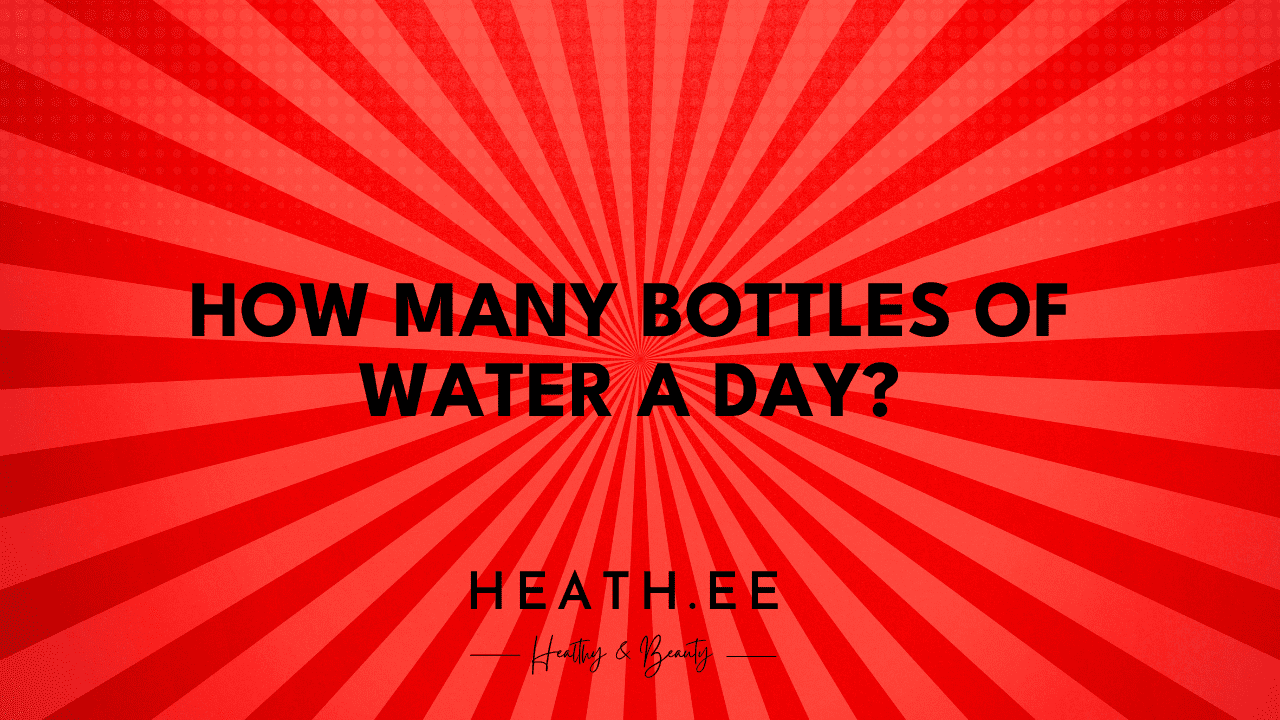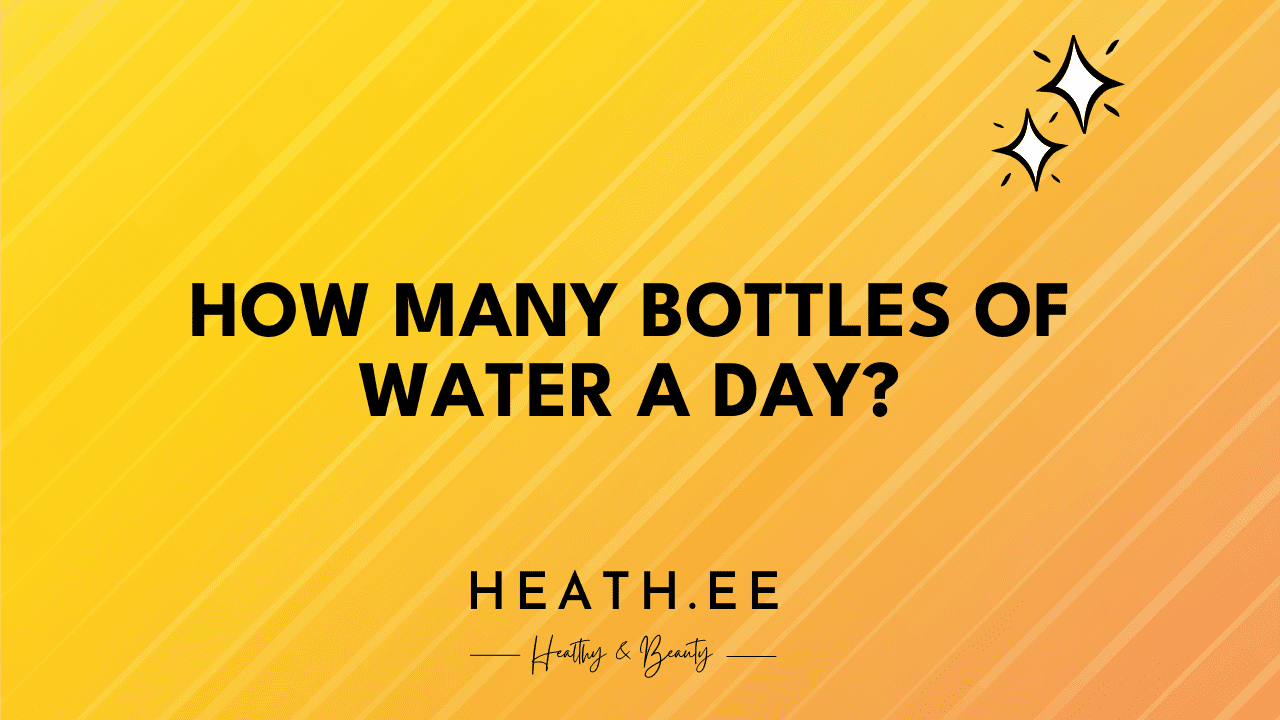We’ve all heard the saying “drink 8 glasses of water a day”, but is that really enough? How much water do we actually need to stay healthy and hydrated? In this blog post, we’ll dive into the science of hydration and answer the question: how many bottles of water a day should we drink?
What is the Recommended Daily Intake of Water?
The recommended daily intake of water varies depending on age, gender, and activity level. Generally, the Institute of Medicine recommends that men consume 3.7 liters (125 ounces) of water per day and women consume 2.7 liters (91 ounces) of water per day. However, these recommendations are for total water intake from all sources, including food and beverages.

How Many Bottles of Water Should We Drink?
When it comes to drinking water, the amount of water you should drink per day depends on a variety of factors, including your age, gender, and activity level. Generally, the average person should drink 8 glasses of water per day, which is equivalent to 2 liters (68 ounces) of water. This is the equivalent of 4 standard-sized bottles of water.
How Much Water Do We Need During Exercise?
If you’re physically active, you’ll need to drink more water than the average person. During exercise, your body loses water through sweat, and you’ll need to replenish this lost water. The amount of water you should drink during exercise depends on the intensity and duration of your workout. Generally, you should drink about 16 ounces of water before exercising, and then 4 to 8 ounces every 15-20 minutes during exercise.

How Can We Stay Hydrated?
Staying hydrated is important for overall health and wellbeing. In addition to drinking water, there are other ways to stay hydrated. Eating foods with high water content, such as fruits and vegetables, can help you stay hydrated. You can also add electrolytes to your water to help replenish minerals and salts that are lost through sweat.
Are There Any Benefits to Drinking Water?
Drinking water has many benefits, including helping to regulate body temperature, aiding digestion, and helping to flush out toxins from the body. Drinking water can also help to improve your energy levels, boost your mood, and improve your skin health.
Does Drinking Too Much Water Have Any Risks?
Drinking too much water can be dangerous and can lead to a condition known as water intoxication. This occurs when the body has too much water and the electrolyte balance in the body is thrown off. Symptoms of water intoxication include confusion, nausea, and vomiting. It’s important to drink enough water to stay hydrated, but not too much.
What Are the Best Sources of Water?
The best sources of water are plain water, sparkling water, and coconut water. Plain water is the best source of hydration, as it is calorie-free and contains no added sugars or artificial sweeteners. Sparkling water and coconut water are also good sources of hydration, as they contain electrolytes that help to replenish minerals and salts lost through sweat.
What Are Some Tips for Staying Hydrated?
Staying hydrated is important for overall health and wellbeing. Here are some tips for staying hydrated:
- Drink a glass of water first thing in the morning.
- Carry a water bottle with you throughout the day.
- Drink a glass of water before and after meals.
- Drink a glass of water before, during, and after exercise.
- Eat foods with high water content, such as fruits and vegetables.
- Add electrolytes to your water to help replenish minerals and salts lost through sweat.
Conclusion
We all know that drinking water is important for our health and wellbeing. But how much water should we drink per day? The recommended daily intake of water varies depending on age, gender, and activity level, but the average person should drink 8 glasses of water per day, which is equivalent to 2 liters (68 ounces) of water. Staying hydrated is important for overall health and wellbeing, and there are a variety of ways to stay hydrated, such as drinking water, eating foods with high water content, and adding electrolytes to your water.



